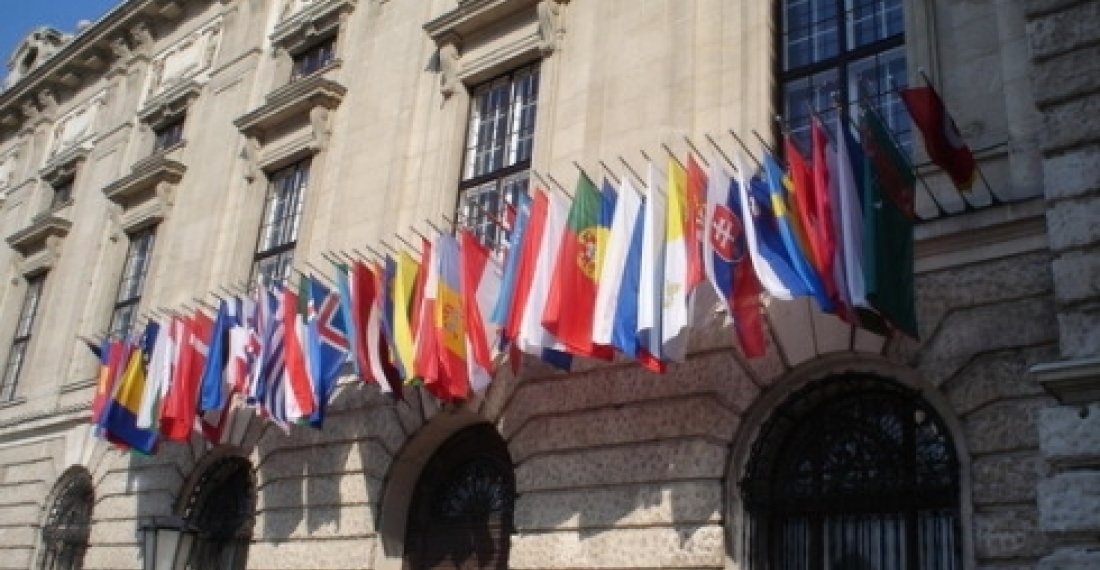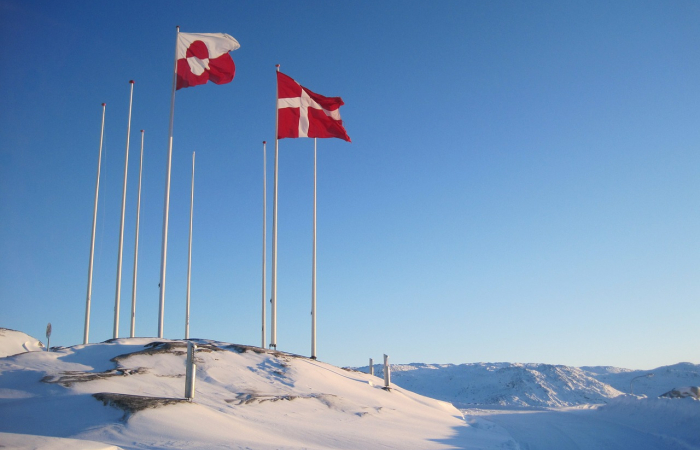The co-Chair of the OSCE Minsk Process will brief the Ambassadors of the member states of the group at a meeting in Vienna later today.
Writing on his twitter account, US Co-Chair, Ambassador James Warlick said that he and the two other co-Chair, Ambassador Popov of Russia and Ambassador Andrieu of France will inform the other members of the group about "Summit outcomes and next steps"
The current members of the Minsk Group, co-Chaired by France, Russia and the United States, are Austria, Belarus, Finland, Germany, Italy, Sweden, Switzerland and Turkey as well as Armenia and Azerbaijan.
Under the current German Chairmanship of the OSCE meetings of the full Minsk group have become more frequent.
source: commonspace.eu
photo: Flags of the OSCE Member states outside the Hofburg Palace in Vienna where the organisation holds its meetings. (picture courtesy of the OSCE Press Service.






